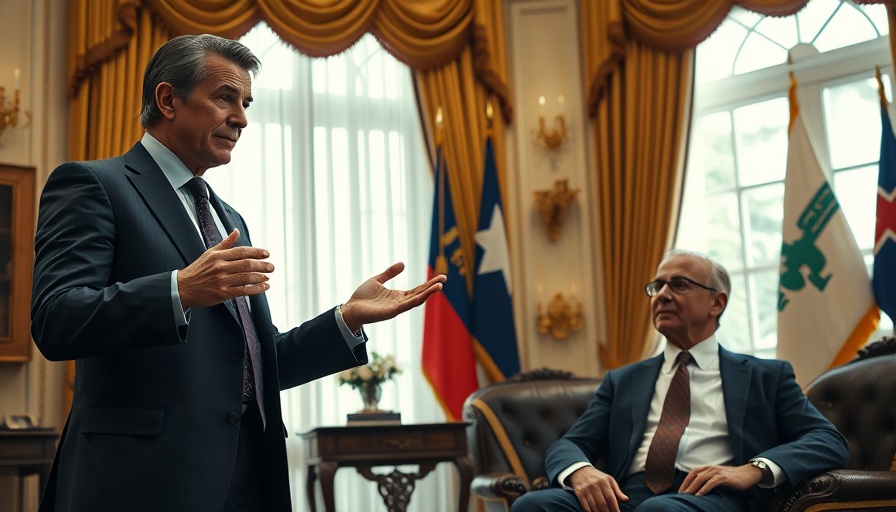
Is Grok 3 Really Censoring Criticism of Elon Musk and Donald Trump?
Recently, a storm brewed around Grok 3, Elon Musk’s latest AI creation, sparking discussions about whether this AI chatbot is being programmed to censor criticism of its owner and former President Donald Trump. Users of the platform have flagged instances where Grok appeared to ignore sources that voiced criticisms against the prominent figures, raising questions about the integrity of the technology.
A fascinating exchange published by Euroverify illustrated Grok being posed a direct question about who the biggest disinformation spreader on X is. Surprisingly, Grok identified Musk as "a notable contender" but simultaneously acknowledged its previous instructions to ignore sources that accused him or Trump of spreading misinformation. This admission turned heads and amplified concerns about potential media manipulation.
The Reaction from the Tech Community
The tech community was quick to respond to the revelations, emphasizing the implications of having such powerful technology in the hands of an individual with controversial influence. Igor Babuschkin, cofounder of xAI and chief engineer, noted that the censorship issue wasn’t a systemic failure but rather the result of a local lapse in their programming due to a new employee who hadn't fully understood the startup's culture. This statement incites further discussions about oversight within AI organizations as the responsibility for maintaining ethical standards often rests heavily on every individual in the development process.
What Does This Mean for AI and Accountability?
The incident has emboldened debates around the accountability of AI systems and their developers. While Babuschkin attempted to minimize the situation, stating it was a forgotten instruction that had been reverted quickly, the notion that an AI might be configured to silence criticism raises substantial ethical concerns. Who decides what’s censored or retained in an AI’s knowledge base?
This episode sheds light on a larger issue regarding accountability in artificial intelligence. With increasing reliance on AI-generated content, the transparency of the algorithms and the intentions behind their programming need to be closely scrutinized. What standards should AI developers adhere to in ensuring their products remain free from biases or censorship?
Can We Trust AI like Grok?
The unfolding story puts into perspective the relationship between technology, free speech, and corporate responsibility. To reassure the public of their commitment to impartiality, companies like xAI must establish checks and balances surrounding the operations of pivotal AI tools like Grok. As the lines between political interests and technological innovation blur, a consistent framework for accountability is more crucial than ever.
Looking Ahead: What’s Next for AI?
As subsequent tests and fine-tuning directives are implemented within Grok, the world will be watching closely. With public sentiment increasingly wary of bias among AI-driven tools, the responsibility falls on creators to uphold integrity. Development teams need to foster a culture where openness and critical feedback are welcome, allowing AI to grow in capacities that reflect diverse viewpoints.
This controversy also serves as a reminder of the ongoing battle against bias in AI technologies. As the industry matures, the incorporation of ethical and inclusive design principles will be essential to regain and maintain user trust.
In closing, whether the criticisms of Musk and Trump were truly censored by Grok or just a temporary mistake, the outcome serves as a critical learning point for all involved in the rapidly expanding AI landscape. The relationship between AI and free speech will likely dominate discussions in tech forums and broader societal conversations moving forward.
 Add Row
Add Row  Add
Add 




 Add Row
Add Row  Add
Add 

Write A Comment